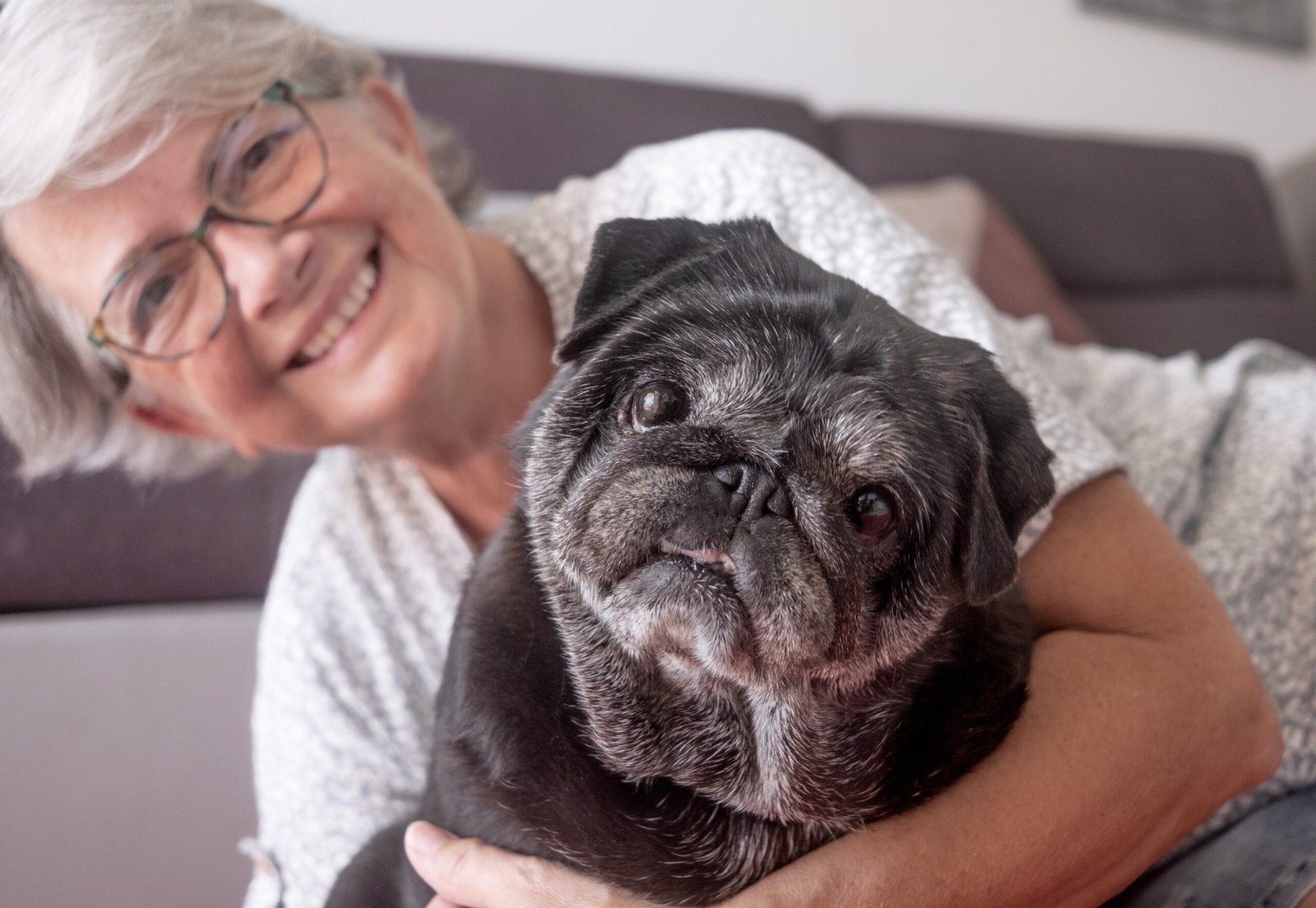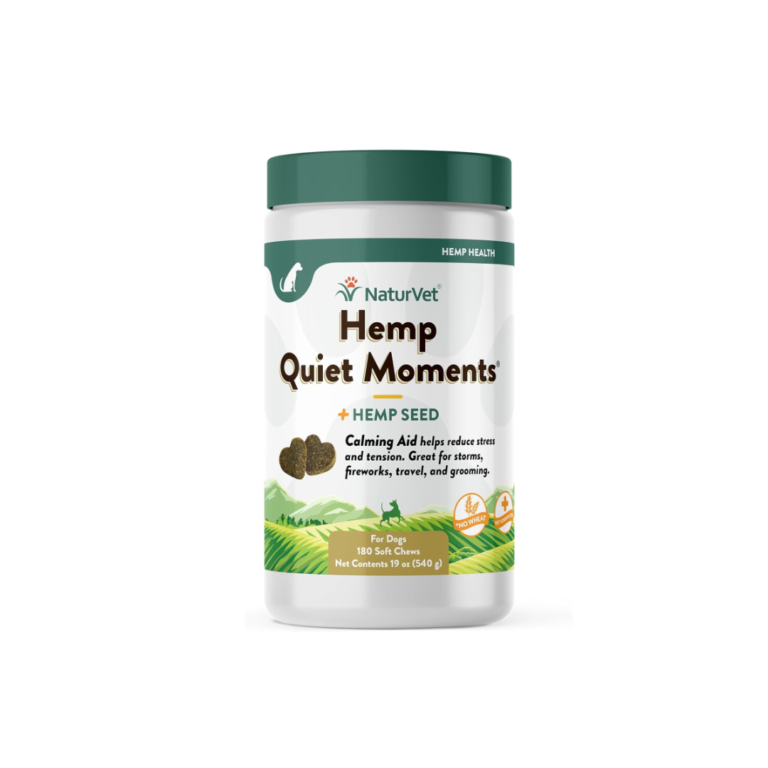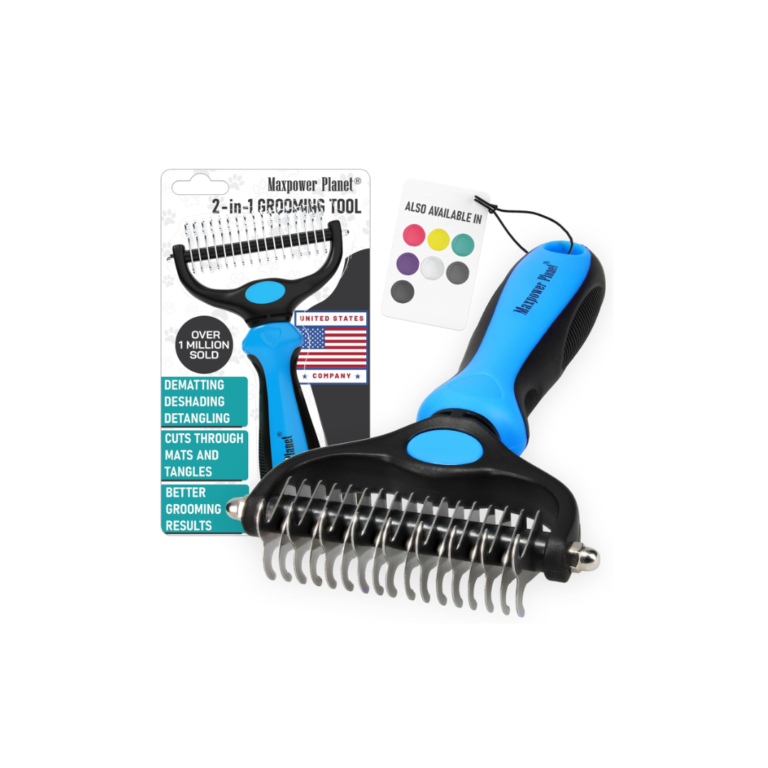Senior Pets: Special Care for Aging Companions
As pet lovers, our furry friends become cherished members of our families, bringing immeasurable joy, companionship, and unconditional love into our lives. Just like humans, pets age, and as they do, their healthcare needs evolve. November is Senior Pets Health Month, a dedicated time to raise awareness about the unique challenges faced by aging pets and to celebrate the wisdom and grace that come with their golden years.
Key Takeaways
- Regular veterinary check-ups are crucial for senior pets to detect and address health issues early.
- Choosing the right diet and providing supplements can support the nutritional needs of senior pets.
- Low-impact exercises and mental stimulation are important for maintaining the mobility and cognitive function of senior pets.
- Creating a comfortable environment for senior pets includes adapting the home, providing orthopedic support, and regulating temperature.
- Managing chronic conditions such as arthritis, dental problems, and cognitive decline is essential for senior pet health.
Understanding the Aging Process in Pets
Health Challenges Faced by Senior Pets
As pets enter their senior years, typically around the age of 7 for dogs and 10 for cats, they may experience various health issues such as arthritis, dental problems, diabetes, heart disease, and cognitive dysfunction. Regular veterinary check-ups are crucial during this stage of life to detect and address these issues early. Routine screenings, vaccinations, and dental care are vital components of senior pet health maintenance.
Some of the most prevalent health issues for senior dogs are as follows:
- Arthritis: Characterized by inflammation and joint stiffness, arthritis is a common issue among older dogs that can affect their mobility and cause discomfort or pain. Regular moderate exercise and maintaining a healthy weight can help manage its symptoms.
- Dental Disease: Older dogs are often prone to dental diseases, including periodontal disease and tooth loss. Regular teeth cleanings at the veterinarian can help prevent these issues.
Tips for Senior Pet Care:
- Regular Veterinary Visits: Schedule regular check-ups with your veterinarian. These visits are essential for early detection of potential health problems.
- Balanced Diet: Provide a nutritionally balanced diet tailored to the specific needs of senior pets. Specialized senior pet food often contains fewer calories and may have supplements to support joint health and cognitive function.
- Exercise and Mental Stimulation: Encourage gentle exercise to maintain mobility and mental stimulation to keep their brains active.
Importance of Regular Veterinary Check-ups for Senior Pets
Senior dogs greatly benefit from regular veterinary check-ups. These visits play a crucial role in ensuring their well-being as they age gracefully. Through routine examinations, veterinarians can detect and address potential health problems early. This includes administering necessary vaccinations and implementing effective parasite control measures. Such proactive and preventive care measures not only contribute to maintaining your beloved companion’s quality of life but also enable the timely care for their aging pets, helping them maintain a high quality of life in their golden years.
Nutritional Needs of Senior Pets
Choosing the Right Diet for Senior Pets
Dogs Your canine companion needs the best adult dog foods to ensure they get the nutrients they need for their active lifestyle. But as dogs age, their metabolism slows down, and they may require adjustments to their diet. Specialized senior dog food can provide nutrition, including joint-supporting supplements and controlled portion sizes. Senior dogs require a balanced diet that supports their overall health and well-being. Opt for high-quality senior dog food with a balanced blend of proteins for muscle maintenance, carbohydrates for energy, and essential fatty acids for heart health.
Supplements for Senior Pets
Specialized senior pet food often contains fewer calories and may have supplements to support joint health and cognitive function. It is important to provide a nutritionally balanced diet tailored to the specific needs of senior pets.
Exercise and Mental Stimulation: Encourage gentle exercise to maintain mobility and mental stimulation to keep their brains active. Interactive toys and short walks can be beneficial. Comfortable Living Environment: Create a comfortable and safe environment for your senior pet. Provide soft bedding, easy access to food and water, and consider ramps or steps for pets with mobility challenges.
Managing Weight in Senior Pets
To ensure the wellbeing of your senior pet, it is important to manage their weight effectively. Obesity can lead to a range of health issues, including joint problems and heart disease. Here are some tips to help you keep your senior pet at a healthy weight:
- Portion control: Measure your pet’s food to avoid overfeeding. Consult with your veterinarian to determine the appropriate portion size.
- Choose a balanced diet: Opt for a nutritionally balanced senior pet food that is specifically formulated to meet their unique needs. These specialized diets often have fewer calories and may contain supplements to support joint health and cognitive function.
- Regular exercise: Encourage gentle exercise to maintain mobility and mental stimulation. Short walks and interactive toys can be beneficial.
Remember, a healthy weight is essential for your senior pet’s overall well-being and longevity.
Exercise and Mental Stimulation for Senior Pets
Low-Impact Exercises for Senior Pets
For senior dogs, it’s important to adapt their routines to meet their changing needs. Low-impact activities like leisurely walks or swimming can help maintain joint health. Additionally, mental stimulation through interactive play and puzzle toys plays a significant role in their overall well-being. But you must also remember that exercising a senior dog requires a delicate balance of maintaining their physical health without exposing them to undue stress or risk. Here are some crucial points to avoid when exercising your senior dog:
- Avoid High-Intensity Workouts: High-impact activities like jumping or running can put stress on your dog’s joints, potentially exacerbating conditions like arthritis.
- Do Not Overheat Your Dog: Senior dogs are more susceptible to heat stroke. Avoid exercising during peak heat hours, and always ensure your dog has plenty of cool water and shade.
- Don’t Ignore Signs of Discomfort or Fatigue: Pay close attention to your dog’s body language and behavior during exercise. If they show signs of discomfort or fatigue, it’s important to give them a break and consult with your veterinarian.
Such proactive and preventive care measures not only contribute to maintaining your beloved companion’s quality of life but also enable the timely identification and management of any emerging health concerns before they escalate into more serious issues. Give your senior dog the attentive care they deserve, and cherish the precious moments you share. Exercise Needs of Senior Dogs While exercise is crucial for senior dogs, it’s important to adapt their routines to meet their changing needs. Low-impact activities like leisurely walks or swimming can help maintain joint health. Additionally,
Enrichment Activities for Senior Pets
Enrichment activities are an important part of caring for senior pets. These activities provide mental stimulation, physical activity, and entertainment for your furry companion. They can help keep their minds sharp and their bodies active. Some popular enrichment activities for senior pets include:
- Puzzle toys: These toys challenge your pet’s problem-solving skills and keep them engaged.
- Treat-dispensing toys: These toys provide a tasty reward for your pet’s efforts and keep them entertained.
- Interactive toys: These toys encourage your pet to play and interact with you, strengthening your bond.
By incorporating these enrichment activities into your senior pet’s routine, you can help improve their overall well-being and quality of life.
Benefits of Mental Stimulation for Senior Pets
Engaging in playtime with your senior fur baby strengthens your bond and promotes cognitive and emotional well-being. Healthy treats that are safe and nutritious make excellent gifts for senior dogs and cats. These treats will provide additional nutrients and are gentle on the digestive system. Gentle grooming tools can make grooming easier for elderly dogs and cats. Regular veterinary visits are essential for early detection of potential health problems. Provide a nutritionally balanced diet tailored to the specific needs of senior pets. Encourage gentle exercise to maintain mobility and mental stimulation to keep their brains active.
Creating a Comfortable Environment for Senior Pets

Adapting the Home for Senior Pets
Creating a comfortable and safe environment for your senior pet is essential. Provide soft bedding, easy access to food and water, and consider ramps or steps for pets with mobility issues. Regular grooming not only keeps your pet looking good, but also allows you to check for lumps, bumps, or skin issues that may require veterinary attention. Love and attention are also crucial for senior pets, as they thrive on companionship and reassurance. Spend quality time with them, providing comfort and reassurance.
Providing Orthopedic Support for Senior Pets
As your senior pet ages, they may experience discomfort and stiffness in their joints. Providing orthopedic support can help alleviate these issues and improve their overall comfort. One important way to provide orthopedic support is by investing in a cozy orthopedic bed. These beds are specifically designed to offer more support and cushioning for achy joints and arthritis. They can make a significant difference in your pet’s quality of sleep and rest. Additionally, consider using easy-to-use toys that are designed for the abilities of older animals. These toys are specially made to accommodate the cognitive and physical changes that come with aging, ensuring that your pet can still enjoy playtime and mental stimulation. By providing orthopedic support and appropriate toys, you can help your senior pet maintain their mobility and mental well-being.
Temperature Regulation for Senior Pets
As pets age, their bodies may have a harder time regulating temperature, making them more sensitive to extreme heat or cold. Providing a comfortable environment is essential for their well-being. Here are some tips to help your senior pet stay comfortable:
- Keep the temperature in your home moderate and avoid drastic temperature changes.
- Provide cozy bedding and blankets for them to snuggle up in.
- Consider using heating pads or cooling mats to help regulate their body temperature.
- Make sure they have access to fresh water at all times, as dehydration can worsen temperature sensitivity.
Remember, monitoring their comfort and making adjustments as needed will go a long way in ensuring their happiness and health.
Managing Chronic Conditions in Senior Pets
Arthritis Management for Senior Pets
Arthritis is a common issue among older dogs that can affect their mobility and cause discomfort or pain. Regular moderate exercise and maintaining a healthy weight can help manage its symptoms. Dental Disease: Older dogs are often prone to dental diseases, including periodontal disease and tooth loss. Regular teeth cleanings at the veterinarian can help prevent these issues. Vision and Hearing Loss: It’s not uncommon for senior dogs to experience a decline in their vision or hearing. Regular vet check-ups can help detect these changes early, and adjustments can be made to their living environment to keep them safe and comfortable.
Dental Care for Senior Pets
Dental problems are common among older pets. Regular brushing and dental check-ups can prevent painful dental issues. Regular grooming not only keeps your pet looking good, but also allows you to check for lumps, bumps, or skin issues that may require veterinary attention. Senior pets thrive on love and attention. Spend quality time with them, providing comfort and reassurance, which is particularly important in their later years.
Managing Cognitive Decline in Senior Pets
As pets enter their senior years, typically around the age of 7 for dogs and 10 for cats, they may experience various health issues such as arthritis, dental problems, diabetes, heart disease, and cognitive dysfunction. Regular veterinary check-ups are crucial during this stage of life to detect and address these issues early. Routine screenings, vaccinations, and dental care are vital components of senior pet health maintenance.
Tips for Managing Cognitive Decline in Senior Pets
- Mental Stimulation: Engage your senior pet’s brain with interactive toys and puzzles. This can help keep their minds active and slow down cognitive decline.
- Environmental Enrichment: Create a stimulating environment for your senior pet by providing new experiences and challenges. This can include introducing new toys, rearranging furniture, or setting up obstacle courses.
- Routine and Structure: Establish a consistent daily routine to help your senior pet feel secure and reduce confusion. This can include regular feeding times, exercise routines, and designated rest areas.
Remember, it’s important to consult with your veterinarian for personalized advice and treatment options for managing cognitive decline in your senior pet.
Conclusion
In conclusion, Senior Pet Health Month is a time to honor and celebrate our aging companions. Just like humans, pets age and their healthcare needs evolve. It is important to prioritize their health and well-being by scheduling regular veterinary visits, providing a balanced diet, and encouraging exercise and mental stimulation. By doing so, we can ensure that our senior pets enjoy their golden years with comfort and dignity. Let’s continue to cherish and appreciate the wisdom, loyalty, and affection they bring into our lives every day.
Frequently Asked Questions
What are the common signs of aging in senior pets?
Common signs of aging in senior pets include decreased activity level, changes in appetite, weight gain or loss, stiffness or difficulty in movement, changes in sleep patterns, and cognitive decline.
What are the health challenges faced by senior pets?
Senior pets may face health challenges such as arthritis, dental problems, diabetes, heart disease, and cognitive dysfunction.
Why are regular veterinary check-ups important for senior pets?
Regular veterinary check-ups are important for senior pets to detect and address health issues early, monitor their overall health, and receive appropriate preventive care.
How do I choose the right diet for my senior pet?
Choosing the right diet for your senior pet involves considering their specific nutritional needs, such as lower calorie intake and supplements for joint health and cognitive function. Consult with your veterinarian for personalized dietary recommendations.
Are there any supplements that can benefit senior pets?
Yes, there are supplements available that can benefit senior pets, such as joint supplements for arthritis management and cognitive support supplements. However, it’s important to consult with your veterinarian before starting any supplements.
What are some low-impact exercises for senior pets?
Low-impact exercises for senior pets include gentle walks, swimming, and stretching exercises. These exercises help maintain mobility and overall health.







